COP29 nations struggle to reach climate finance agreement deadline
- Update Time : Saturday, November 23, 2024
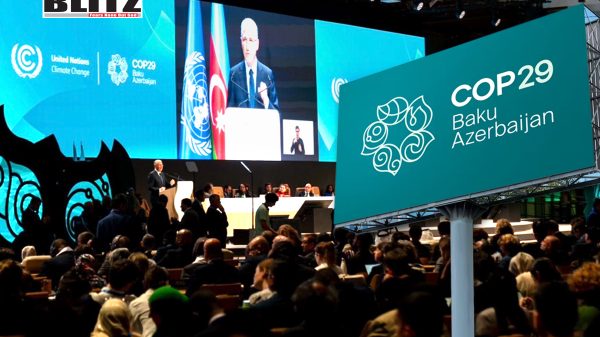
On the final scheduled day of COP29 in Baku, Azerbaijan, representatives from nearly 200 nations face the looming prospect of failure as marathon negotiations continue over climate finance. Delegates await a revised draft deal, promised by midday on November 22, following intensive late-night discussions. With the clock ticking and divisions entrenched, the likelihood of the conference extending into overtime is all but certain.
The primary focus of COP29 is to establish a new financial commitment to succeed the longstanding $100 billion annual pledge from developed nations to assist poorer countries in mitigating and adapting to climate change. This decade-old target has proven inadequate in addressing the escalating costs of global warming, especially for vulnerable nations already grappling with climate-induced disasters.
Developing nations, joined by China, have proposed a far more ambitious target: $1.3 trillion annually by 2030, with at least $500 billion of that sum to be directly provided by developed nations. However, this figure has met resistance from wealthier countries like those in the European Union, which argue that private-sector funding must play a significant role in meeting the financial demands.
As the Azerbaijani presidency attempts to steer negotiations, its leadership has faced growing criticism. While Azerbaijan boasts a strong energy-exporting economy, it lacks experience in hosting and mediating such complex global discussions. Many parties, including climate activists and national delegations, have expressed dissatisfaction with the pace and quality of negotiations.
Sindra Sharma of the Pacific Islands Climate Action Network encapsulated the frustration, stating, “I’ve never seen a presidency like this. I’ve never seen a process like this.” Her remarks reflect the mounting impatience of nations whose futures hinge on swift and decisive action.
Even the European Union, typically a staunch advocate for climate action, has called for stronger leadership. Negotiations have become particularly tense as developing nations continue to demand clear financial commitments, while wealthy nations insist on shared responsibilities and emphasize the importance of private-sector involvement.
An earlier draft proposal released on November 21 acknowledged the need for “USD [X] trillion” in annual climate finance but failed to specify a concrete figure. Ali Mohamed, chair of the African Group of Negotiators, referred to the omission as “the elephant in the room,” underscoring the document’s inadequacy in addressing developing nations’ primary concerns.
UN Secretary-General António Guterres, who returned to Baku to push for progress, issued a stern warning: “Failure is not an option.” However, with so many sticking points unresolved, even the revised draft may struggle to bridge the gaps.
China, the world’s largest emitter of greenhouse gases, continues to walk a fine line in negotiations. As part of the bloc of developing nations, China has rejected earlier drafts while urging compromise. Wealthy nations, however, are increasingly calling for China to contribute more as it ranks among the world’s largest economies.
The classification of China as a developing country has long been a contentious issue in climate finance discussions. While Beijing provides climate aid through its initiatives, it remains exempt from mandatory financial contributions under the current framework. Developed countries argue that China’s status should be updated to reflect its economic strength and emissions footprint.
Beyond the financial disagreements, tensions also persist over the role of fossil fuels in the final COP29 text. Phasing out coal, oil, and gas-the primary drivers of global warming-has been a contentious issue.
Last year’s COP28 in Dubai marked a significant step forward by calling for a global transition away from fossil fuels. However, resistance remains strong among energy-exporting nations. A Saudi representative speaking on behalf of the Arab Group declared that the bloc would “not accept any text that targets any specific sectors, including fossil fuel.”
This stance highlights the broader challenge of balancing climate goals with the economic realities of countries heavily reliant on fossil fuel revenues.
The structure of current climate finance has also drawn criticism. Much of the funding is issued as loans, further indebting developing nations that are already burdened by the economic impacts of climate change. Countries like Panama have raised alarms about the inequities in the system.
Panama’s negotiator, Juan Carlos Monterrey Gomez, voiced his frustration, remarking, “Developing countries’ envoys might find it easier to reach outer space than to hear concrete finance figures from wealthy nations. Sadly, Mars is years away, and we only have hours to get to this decision.”
His statement reflects the urgency felt by many nations as the window for meaningful action narrows.
While public divisions dominate headlines, some ministers have expressed cautious optimism, noting that progress is being made behind closed doors. However, with so many unresolved issues-ranging from the scale of contributions to the mechanisms for delivering funds-the prospect of a comprehensive deal remains uncertain.
The revised draft proposal, expected later on November 22, is unlikely to satisfy all parties. Still, it represents a critical opportunity to salvage the negotiations and avoid outright failure.
UN Secretary-General Guterres and other high-level officials are expected to ramp up their involvement in the final hours of COP29. Their efforts may prove crucial in breaking the deadlock and ensuring that the summit produces a meaningful outcome.
COP29 in Baku serves as a stark reminder of the challenges inherent in multilateral climate negotiations. As the impacts of global warming intensify, the need for decisive action grows ever more urgent. Yet, the divisions between nations-fueled by competing interests, historical grievances, and differing capacities-continue to hinder progress.
Whether COP29 results in a breakthrough or another missed opportunity will depend on the willingness of all parties to compromise. Failure, as António Guterres warned, is not an option. But without bold leadership and a renewed sense of global solidarity, it remains a distinct possibility.



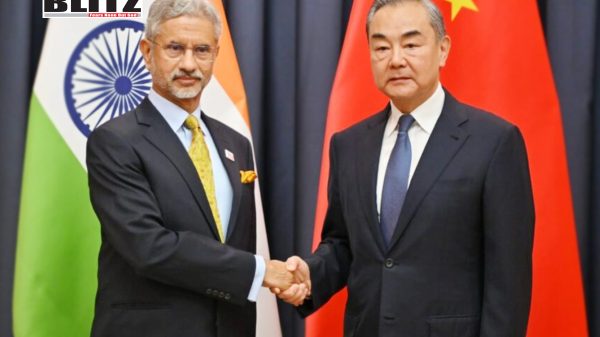
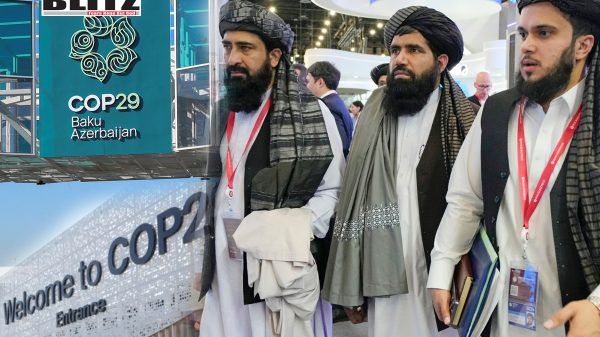

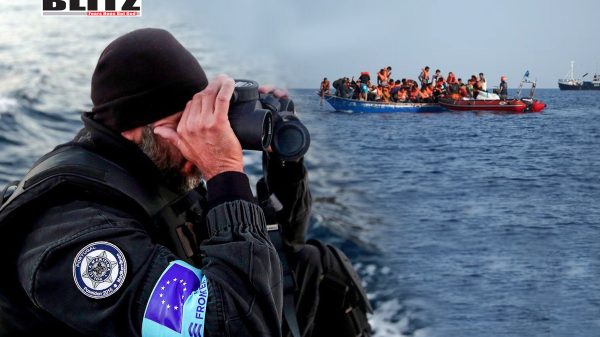
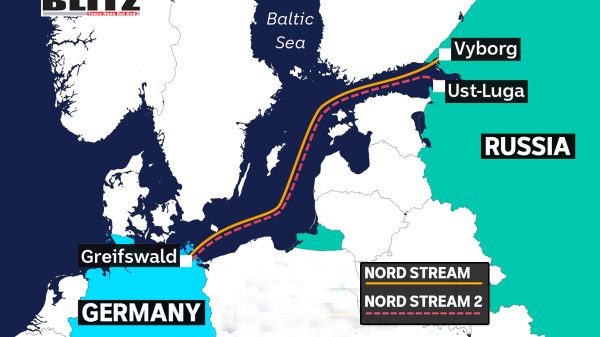

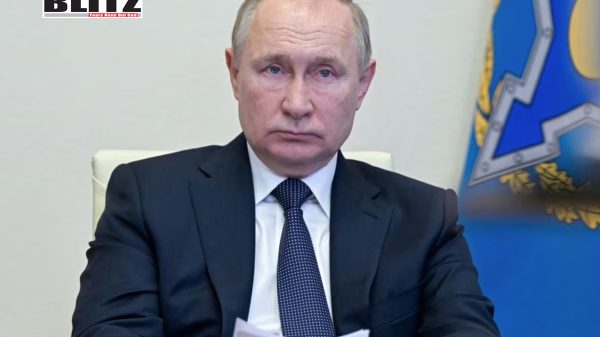
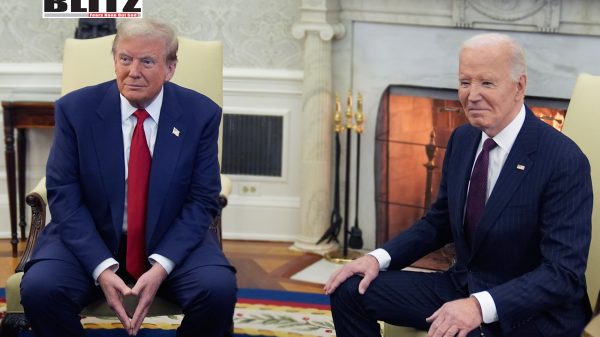

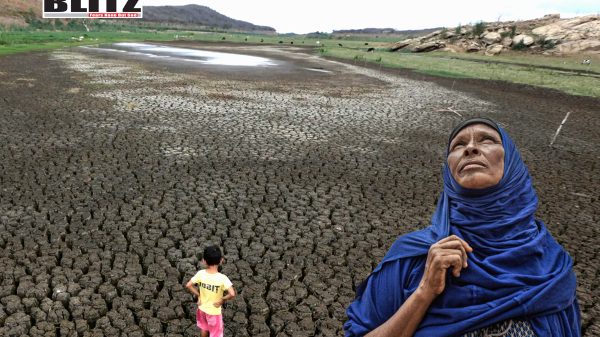
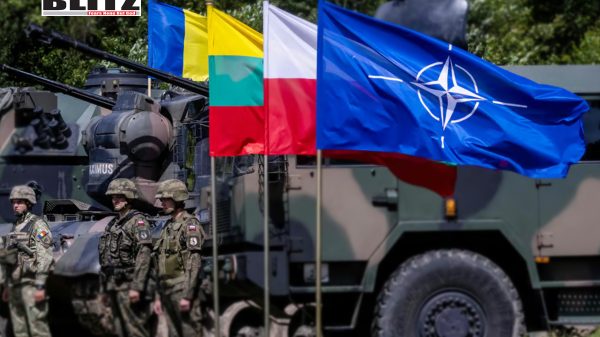

Leave a Reply